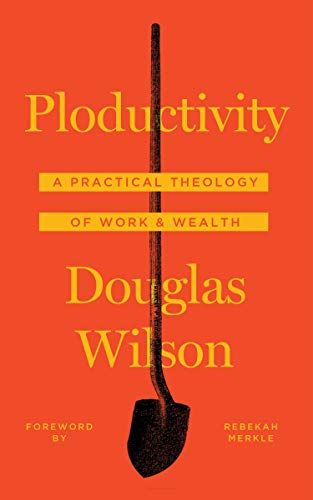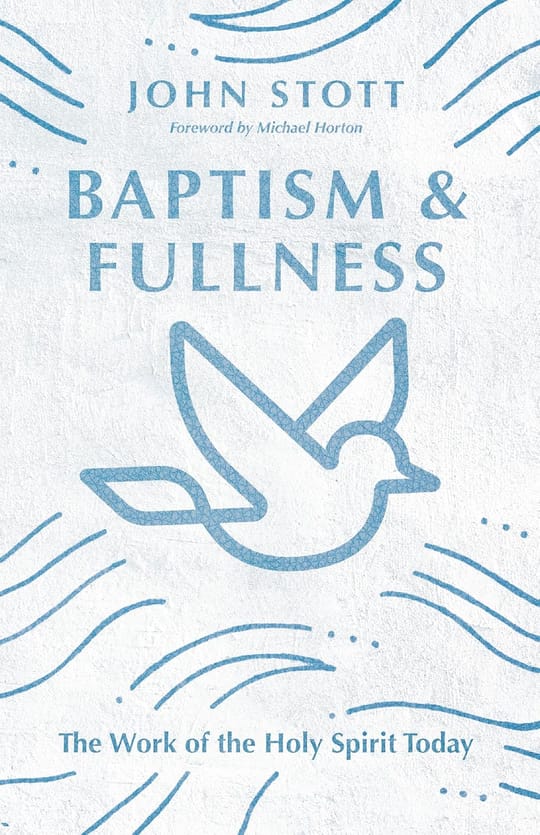Rating: 9/10
Where to Read: Kindle, Paperback
Quick Summary
Everything we do is finite and small in the expanse of time. This does not mean it is not important. It does mean we need not fear taking our time to do it right and with a sense of gratitude. Slow, steady progress will give us the opportunity to use the gifts, talents, and opportunities God has given us to contribute to the world He has made.
Bullet Point Takeaways
- Good ambition- a desire to do the best you can with what you have, where you have been called, within the scope of that calling. Good ambition does not mind someone else being successful and doing so within the same field. Good ambition has nothing to do with beating the competition. It has to do with doing the best you can.
- Bad ambition- a striving need to defeat everyone else and be the greatest in the world no matter the cost. Bad ambition says you are either the industry leader or you are a failure.
- Slow but steady pacing helps you conquer more over time.
- When you first begin to "plod" it can be soul-crushing. You feel like you are falling behind the frenetic pace of life. However, as you continue to be faithful to the process, you begin to accomplish more than you thought possible.
My thoughts
I have recently gone down the rabbit hole of Douglas Wilson's books. He has a lot of books. There are way too many for me to read but I continually find myself wanting to grab on to more. I like his writing style and practical theology. He and I do not agree on everything (i.e.- Calvinism) but we agree on enough to keep me coming back for more.
Ploductivity is another good book by him. The part I truly enjoyed is the end where he talks about good ambition verse bad ambition, the need for mastery, and consistent progress. It is not a very long book and he writes, thankfully, in short chapters. This is one of those great books you can go through in small chunks.
Who is this Book For
This book is for anyone who struggles to feel overwhelmed by all that they want to do. If you find yourself procrastinating because you don't know where to begin, begin with this book. Wilson is a prolific author, pastor, a family man, and it seems like he does a lot in education as well. He gets a lot done and his secret seems to be to go slow. It's so counterintuitive. However, the more I apply his advice, the more I am getting done. Give it a shot.
Goodreads Bio
Plod, don't sprint. Be fruitful like a tree, not efficient like a machine.
In this book, Douglas Wilson both considers the theology behind technology, work, and mission and advice on how to be productive--and to think about productivity--in the digital age.
We should not rush to buy each and every new iPhone or fancy new gadget, but neither neither should we reject the new technology out of nostalgia for the good ol' days when people worked with their hands or starved. Instead, we are called to see modern technology as wealth and tools that we can use, whether for good or for ill. The key is wisdom and the ability to create the right habits and the regular discipline to use what we have been given.
Ploductivity: n, 1) the practice of plodding away at a pile of work, instead of frantically trying to sprint through it all. 2) being stable and graceful, like a buffalo upon the plains, not frantic, like a prairie dog or roadrunner.
Quotes
“Living and working in the presence of God is essential because what constitutes a truly productive person is the fact that they are laboring under the blessing of God.”
“A right theology of wealth will equip us to handle tools rightly, doing everything we do to the glory of God.”
“Learn what good work is, imitate it studiously, and do that over time.”
“Control of the future is actually a (vain) attempt to control people, with the future as our instrument.”
“Every blessing a Christian ever receives is from a pierced hand.”
“Wealth is not the locus of the sin, but the presence of the wealth is the locus of the temptation.”
“And so we should define a tool in this way: something that is not part of a man’s body which makes something that the man wants to do possible or easier.”
“I would define media in this way: working out from and including our bodies, media also include our clothes, other people, and tools, including especially tools for communication and infrastructure.”
“So my responsibility is, so to speak, whatever is in front of me, there on my workbench or desk or counter. I should do a first-rate job with that, and other things will fall into place. And as they fall into place, it will not be the impersonal doing of Adam Smith’s invisible hand. Every blessing a Christian ever receives is from a pierced hand.”









